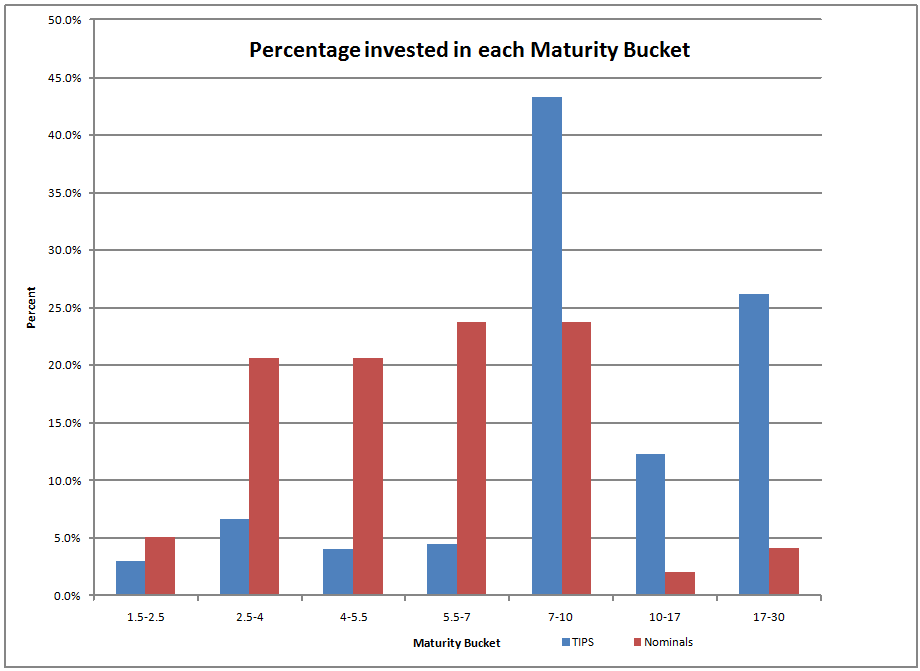Regarding David Sokol
David Sokol knows how Buffett and Munger think. He knows what would be attractive to them.
So, even if the initial comments from Buffett were negative on the purchase of Lubrizol, Sokol, having more data, could be confident, because once the full data were available to Buffett and Munger, the deal would likely be done.
Sokol has been one of Buffett’s CEOs for awhile.? You think he can’t recognize another man who would be a good fit for Buffett?? I suspect he knows the pattern intuitively.? Buffett likes managers who think as he does; Sokol knows what sort of manager that is; once Buffett talked to the CEO of Lubrizol, the deal would be done.
With that as background, I fault Sokol for buying a lot of shares of Lubrizol, knowing that he would recommend the purchase to Warren, where the odds were in his favor that Warren would buy.? This also takes into account the goodwill that Sokol has with Buffett and Munger, given his management of MidAmerican, and his turnaround of NetJets.? Don’t think that that means nothing, even if Buffett says otherwise.
My view is that it was unethical, but not illegal, for Sokol to recommend the purchase of Lubrizol without disclosure of the size of his position in Lubrizol.? Mere mention of a position is not enough, unless it was a small position.
Yes, Sokol could not force the purchase, but he could have not brought it to Warren, in which case he would have made or lost money off of operations.? By buying, and then recommending the stock to Buffett, he raised his odds of a successful outcome.? That is a way of misusing your influence within the organization that you serve, which is unethical.
UPDATE 9:30 AM 3/31
Kid Dynamite did a post on this, and asked me to comment.? Here it is:
You have not misinterpreted me, KD. But in the cold light of morning, I have thought of one more issue… why is Buffett so loosey-goosey with things that ought to be mandatory disclosures for avoiding potential conflicts of interest?
Every firm I have worked for, and even now at the current small firm that I run, there were/are mandatory disclosure rules. My promise to clients is that I get the same results they do, win, lose or draw.
Regardless, it highlights a weakness in Buffett’s highly qualitative way of managing his company and managers. You not only have to avoid breaking the law; you have to avoid the appearance of breaking the law, or even the “fairness code,” however defined. And, he has said as much to his managers in his biannual memo to them:
The priority is that all of us continue to zealously guard Berkshire?s reputation. We can?t be perfect but we can try to be. As I?ve said in these memos for more than 25 years: ?We can afford to lose money ? even a lot of money. But we can?t afford to lose reputation ? even a shred of reputation.? We must continue to measure every act against not only what is legal but also what we would be happy to have written about on the front page of a national newspaper in an article written by an unfriendly but intelligent reporter.
Sometimes your associates will say ?Everybody else is doing it.? This rationale is almost always a bad one if it is the main justification for a business action. It is totally unacceptable when evaluating a moral decision. Whenever somebody offers that phrase as a rationale, in effect they are saying that they can?t come up with a good reason. If anyone gives this explanation, tell them to try using it with a reporter or a judge and see how far it gets them.
If you see anything whose propriety or legality causes you to hesitate, be sure to give me a call. However, it?s very likely that if a given course of action evokes such hesitation, it?s too close to the line and should be abandoned. There?s plenty of money to be made in the center of the court. If it?s questionable whether some action is close to the line, just assume it is outside and forget it.
And Buffett implicitly confirms such a view by accepting Sokol’s resignation, with no hint that he tried to argue him out of it, as he did twice before. Implicitly, Sokol’s unethical behavior led to him leaving Berkshire Hathaway — one can try to dress is up otherwise, but it fails the smell test.


